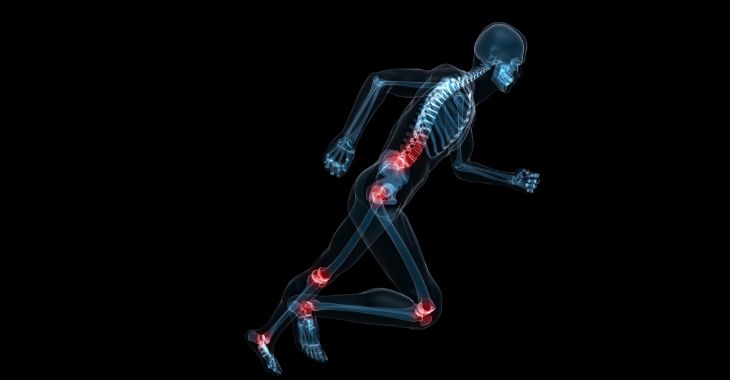Understanding Sciatica: Causes and Treatment
It is estimated that up to 40% of people may experience sciatica at one point in their lifetime. However, sciatica is not a condition, but instead a set of symptoms that center around the sciatic nerves. Sciatica is pain or discomfort caused by pressure on the sciatic nerves that are located in the lower back. There are several causes of these symptoms, which also means there are several treatments that can help resolve the issue.
Sciatica has varying symptoms associated with this diagnosis. Many people experience lower back pain; however, many also do not have any direct pain in their back. The sciatic nerves affect the legs, so often pain, burning or tingling may be felt down the back of the legs from the lower back, all the way into the feet. Sciatica generally only effects one side of the body, but it can be on both. For some, sciatica can be debilitating; for others, it is intermittent and only aggravating.
Causes and Treatment
The cause of the symptoms of sciatica can be a wide variety of spine or soft tissue issues. Injury to muscles in the back can cause inflammation that presses on the sciatic nerves. Herniated discs can cause sciatica and other back pain. Anything that can cause inflammation in the lower back can also trigger sciatica.
Treating sciatica varies as much as the causes. In many cases, sciatica symptoms can be relieved with rest, ice and over-the-counter medications, especially when it is from a minor injury. Other times the root cause is more severe; in extreme cases, it may require surgery.
If you have sciatica symptoms that are debilitating or ongoing, consult a spine specialist for treatment. Finding the root cause is the first step to finding the right treatment.
Posted on behalf of:
Ortho Sport and Spine Physicians
5730 Glenridge Drive Northeast #230
Atlanta, GA 30328
(678) 752-7246
The information provided on this website, including text, graphics, images, and other materials, is intended solely for informational purposes and should not be used as a substitute for professional medical advice, diagnosis, or treatment.

)